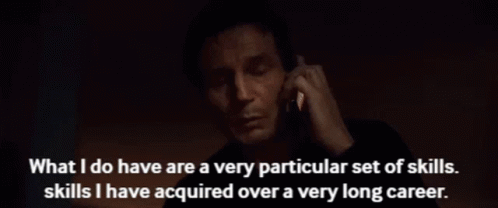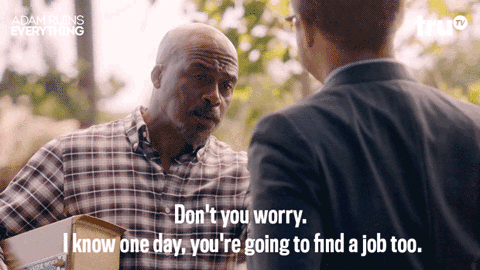Looking for a career in the environmental sector can be difficult and daunting. I often catch myself wondering, what did I actually learn throughout my environmental science degree that employers are interested in? What skills do I have? What kind of job do I even want? These questions are intimidating, but after five years of education in the field, I have come up with some insights to help others who want to work in the environmental sector.
What kind of job do you want?
It’s easy to have a narrow-minded view of the environmental sector, since it’s often portrayed as a small field. However, this view could not be further from the truth. There are opportunities for everyone, and you certainly don’t need to come from an environmental science or sustainability degree!
There are the obvious traditional ‘science-y’ jobs, like working as a field technician for a governmental department. These kinds of jobs are very fun and allow you to get outside a lot. There are also a ton of fieldwork opportunities in the non-profit sector if that’s where your interests lie. But in addition to these jobs, you could be a policy analyst, renewable energy project manager, science communicator, GIS analyst, or science educator to name a few! I personally know people working within all of these roles who have degrees from Dalhousie.
In order to find where you fit, it’s good to ask yourself a few questions:
- What do I like to do? (Do you like to read, write, talk to people, catch bugs, do lab work?)
- What environment do I want to work in? (Mostly independent, with a big team, with a small team of close collaborators, in an office, co-working space, or outside?)
- What do I want my day to day to look like? (Writing, reading, collecting samples, teaching?)
These three key questions can help shape what kinds of jobs you should look for. Everyone wants different things out of their careers, so it’s important to reflect on what you want. Plus, knowing these answers will help you ace that job interview!

What did you actually learn throughout your degree, and what skills do you have to show for it?
A common theme I see amongst students at the end of their degree is, frankly, a complete lack of awareness of all the very valuable skills they’ve gained throughout that degree. I’m not just talking about the technical skills from your bio lab or on GIS (although those are important). There are also all the other soft skills you’ve gained.
Not only have you learned more than your fair share of time management between part-time jobs, extracurriculars, and classwork, but maybe you’ve also learned how to be a critical thinker, creative problem solver, communicator, writer, editor, literature reviewer, collaborator, leader, presenter, or public speaker (just to name a few). When embarking on the job search, try to think about what you’ve actually gotten out of your degree. I promise it’s a lot more than you think.

How do you find jobs?
Jobs are everywhere—you just need to know where to look for them. And no, not just on Indeed! A great place to start is by connecting with your network. If there's an organization you're interested in working for, and you know someone who works there, you should send them an email! Ask if they’re hiring, or if they know of anyone hiring for similar roles. If you need help with networking tips, you can always visit the Bissett Student Success Centre in Halifax or the Student Success Centre in Truro.
Within the environmental sector, there are a variety of Facebook groups and Listservs that you can join where the jobs come to you! If you’re wondering which ones to join, please reach out to me over email and I can pass along a list.
There are also more traditional job search strategies (indeed.com, goodwork.ca, LinkedIn, government websites, etc.). These work great as long as you know how to make yourself stand out. If you need help making your resume and cover letter pop, be sure to check out upcoming workshops at the Bissett Student Success Centre or book an appointment with an advisor!


